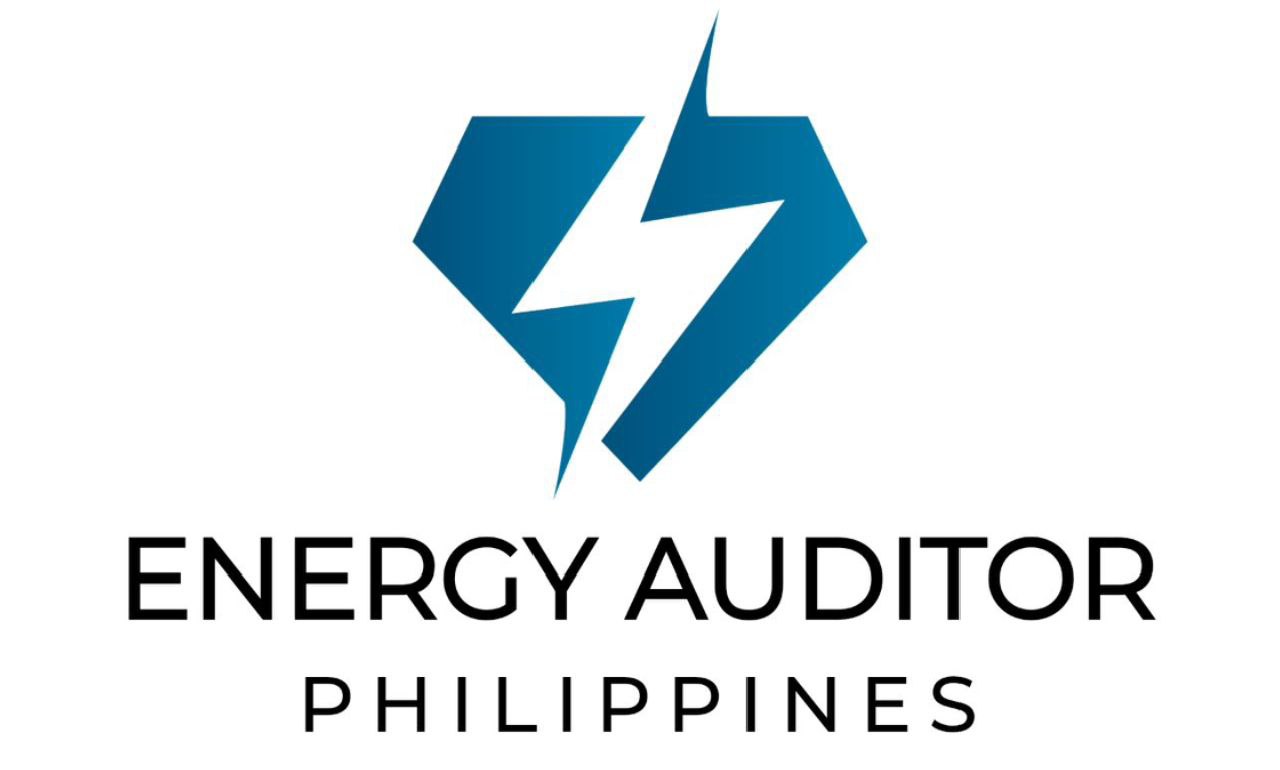In the Philippines’ quest for a sustainable energy future, the transition towards renewable energy sources stands as a pivotal milestone. Within this transformative journey, energy audits emerge as indispensable precursors, paving the way for the widespread adoption of renewable energy sources. This exploration delves into the pivotal role of energy audits in facilitating the transition towards renewables and their profound impact on reshaping the Philippines’ energy ecosystem.
The Imperative of Renewable Energy Adoption
With abundant natural resources such as solar, wind, hydro, and geothermal potential, the Philippines possesses a vast renewable energy arsenal. However, harnessing these resources effectively and transitioning from fossil fuels requires strategic planning and decisive action.
Energy Audits: Precursor to Transition
Energy audits serve as foundational pillars for the adoption of renewable energy sources. By conducting comprehensive audits, businesses, industries, and communities gain critical insights into their current energy consumption patterns, inefficiencies, and potential areas for improvement. These audits form the bedrock upon which the roadmap towards renewable energy adoption is built.
Identifying Opportunities and Optimizing Resources
Energy audits play a crucial role in identifying opportunities for integrating renewable energy sources. Through meticulous assessments, audits highlight where and how renewable technologies—such as solar panels, wind turbines, or hydroelectric systems—can be seamlessly integrated into existing infrastructures. They also quantify the potential benefits, including cost savings and reduced environmental impact, encouraging the transition towards renewables.
Mitigating Barriers and Driving Integration
The insights derived from energy audits not only identify opportunities but also mitigate barriers to renewable energy adoption. By addressing concerns such as infrastructure limitations, technological compatibility, and financial feasibility, audits provide actionable recommendations and strategies. These pave the way for smoother integration of renewable energy sources within the Philippines’ diverse energy landscape.
Ecosystem Impact and Sustainability
The impact of renewable energy adoption catalyzed by energy audits extends beyond individual entities. Embracing renewables not only diversifies the energy mix but also reduces dependency on finite fossil fuels. This transition fosters energy security, resilience against volatile global energy markets, and a marked reduction in carbon emissions, contributing significantly to the Philippines’ sustainability goals.
Empowering a Greener Tomorrow
In essence, energy audits serve as enablers of change, propelling the Philippines towards a more sustainable energy future centered around renewable sources. By laying the groundwork through audits, the nation embraces a paradigm shift towards cleaner, more sustainable energy generation, transmission, and consumption.
Conclusion: Toward a Renewable Energy Future
In the Philippines’ journey towards renewable energy adoption, energy audits act as guiding lights, illuminating the path to a greener tomorrow. Their role as precursors in facilitating the transition from conventional to renewable sources is pivotal. As the Philippines harnesses its rich renewable energy potential, propelled by insights from energy audits, the nation charts a course towards energy resilience, environmental stewardship, and a sustainable future for generations to come.











































